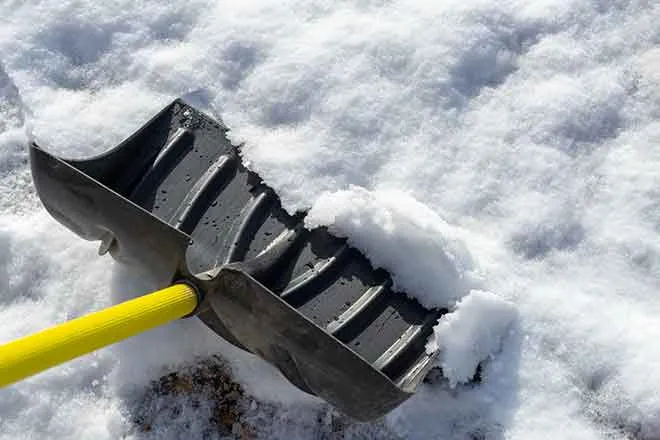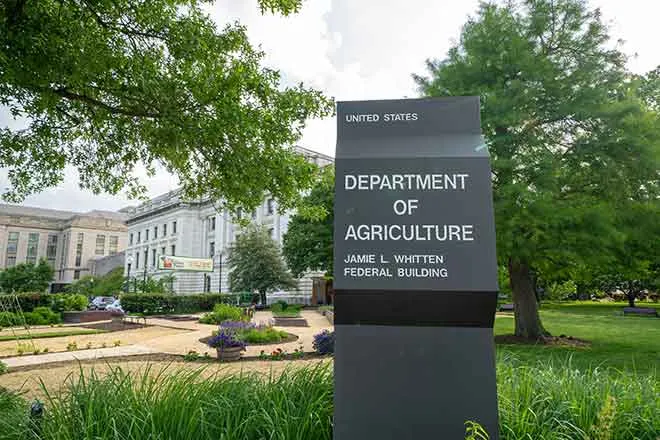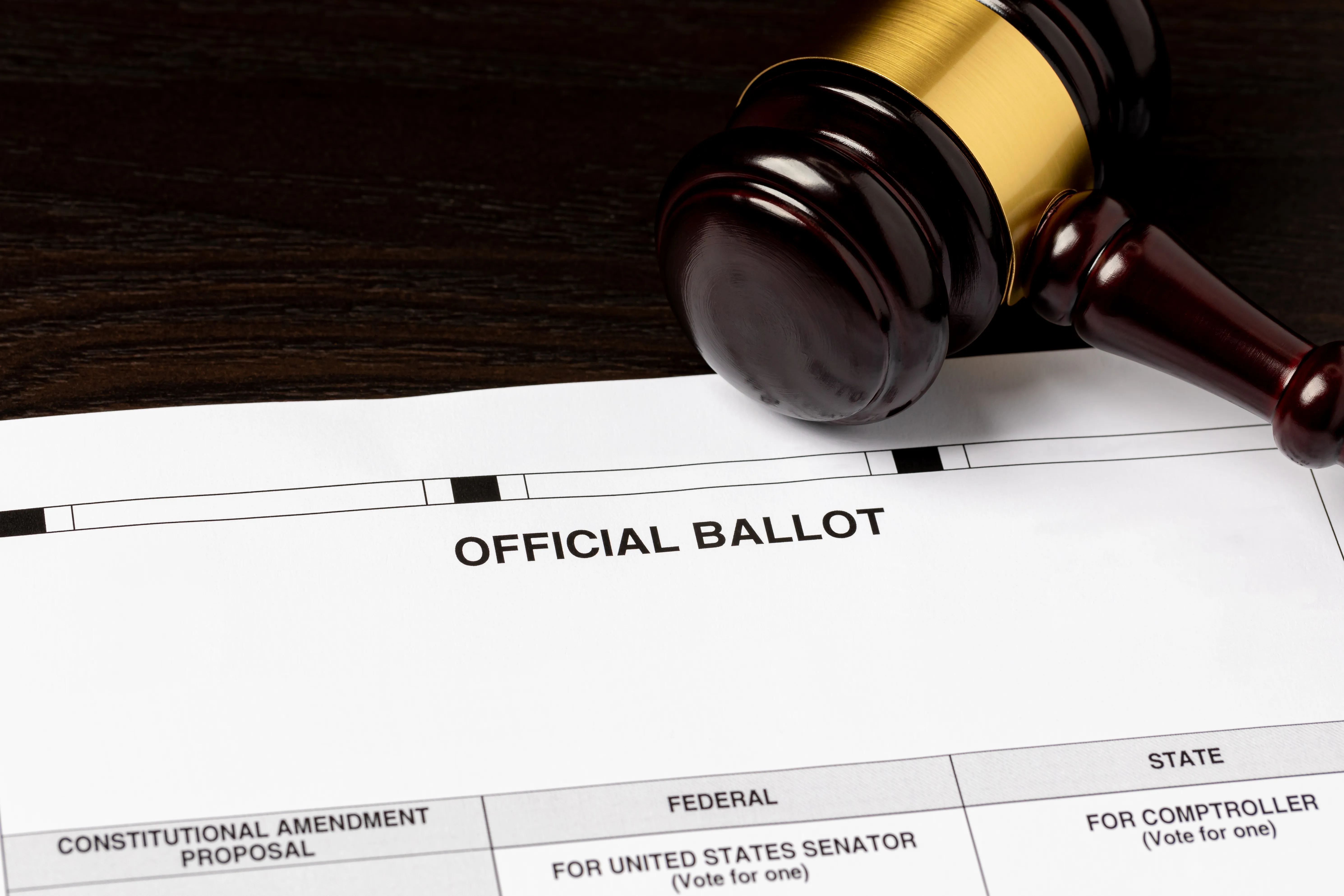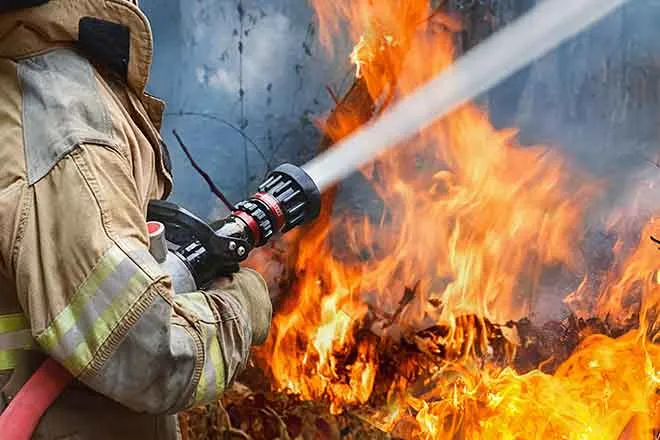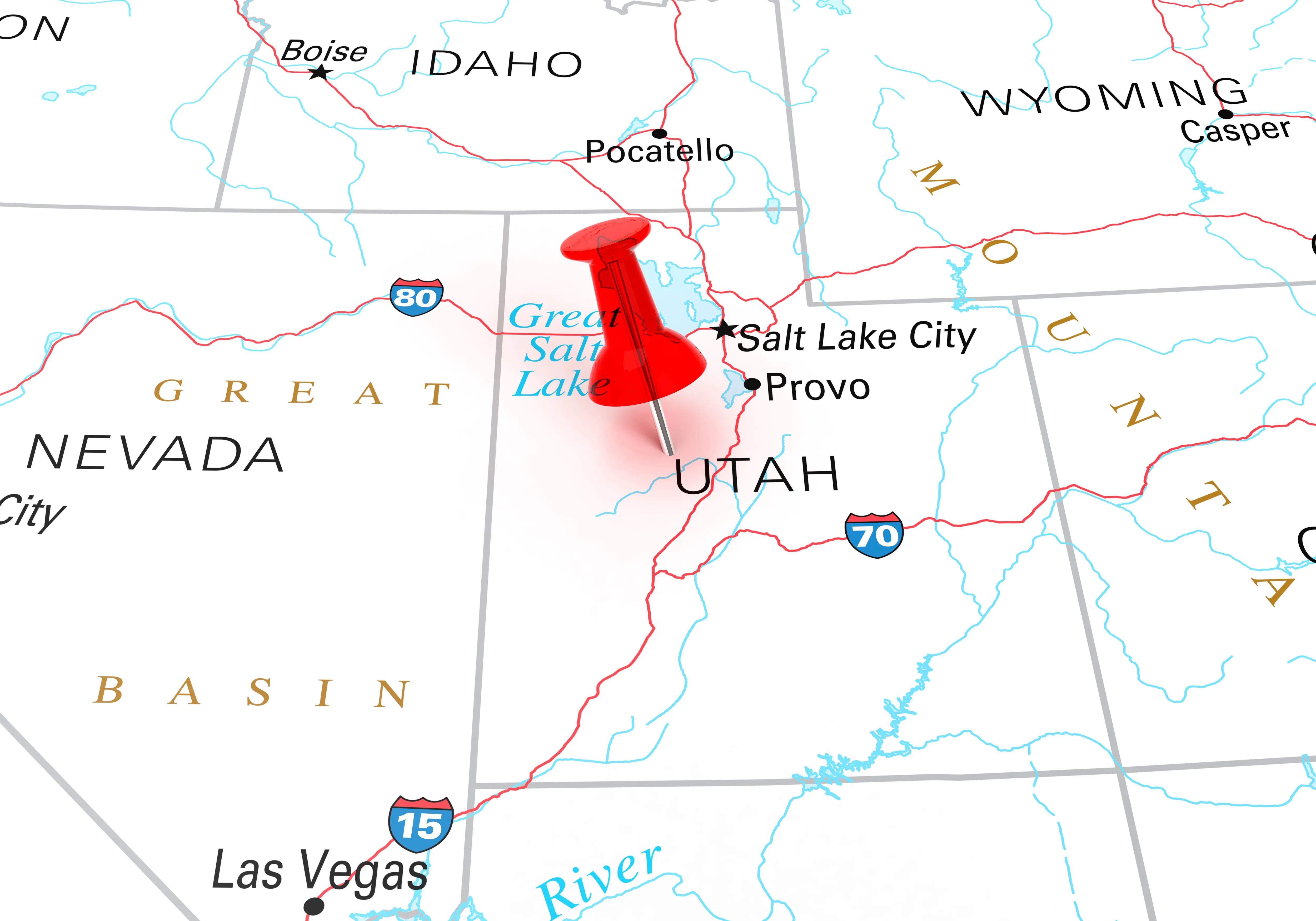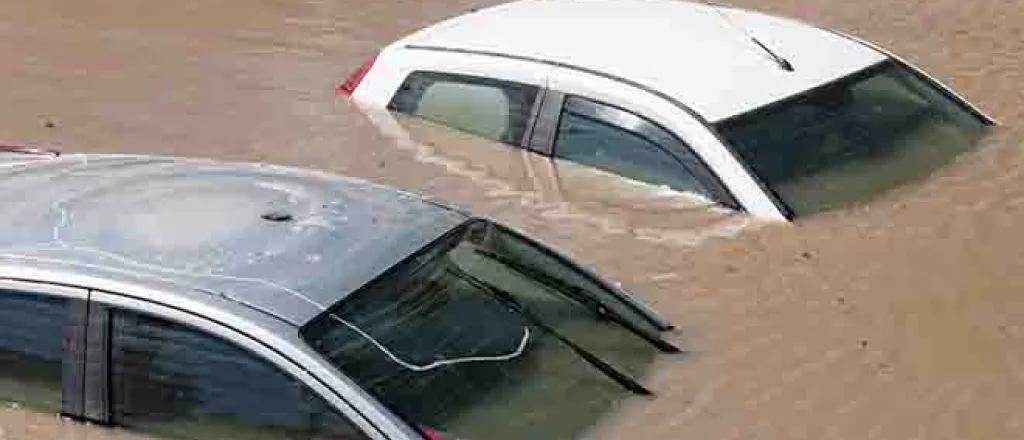
Are Texas' deadly floods connected to climate change?
Click play to listen to this article.
Although the state is experiencing dry, warm conditions now, meteorologists warn more cases of flash flooding could occur across Texas.
The state has seen multiple, deadly flash flooding events over the summer – the most notable in the Hill Country earlier this month, where more than 130 people died. The area along the Guadalupe River doesn’t have emergency weather sirens.
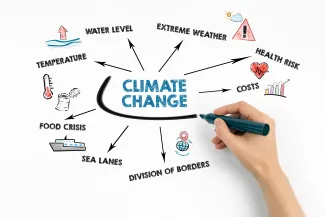
During a special legislative session, lawmakers are discussing flood warning systems and emergency communications, but Meteorologist and Weather & Climate Engagement Specialist Shel Winkley with Climate Central said in the meantime, there are things people can do to keep themselves safe during severe weather.
"Even if we don’t have these outdoor systems, which we can invest in – not only invest in, but the maintenance that goes along with it," said Winkley. "But also making sure that weather radios, your cellphone, if you have it and you’re in a good cell service. Those multiple ways to get these warnings is important."
Meteorologists say these extreme weather events are brought on, or made worse, by climate change. They say the warmer atmosphere holds more water vapor, creating the potential for heavy downpours.
Concerns have also been raised about the staffing at the National Weather Service and how quickly watches and warnings were issued before the Hill Country flooding.
A flood watch was issued the afternoon before the July 4 deluge, and a warning was sent a little over three hours before flooding was reported in the early morning hours.
Climate Central’s Media Director Tom Di Liberto said staffing cuts at the weather service could have led to a breakdown in communication.
"Just because you get a watch or a warning out doesn’t mean that the people that it's getting to understand the risk at hand," said Di Liberto. "And it’s a communications problem – and a communications problem and outreach problem that relies on relationships. And it relies on a lot of work put in, not during these sorts of flash flood seasons, but in the off seasons."
During hearings, lawmakers have heard from city, county and state officials as well as people who survived the Hill Country floods. The Upper Guadalupe River Authority first started discussions about a warning system in 2017, but local officials did not want to pay for the equipment.

